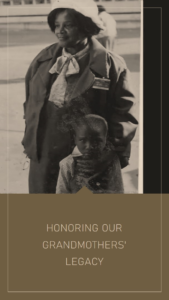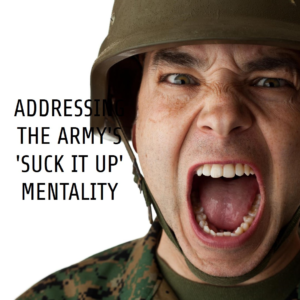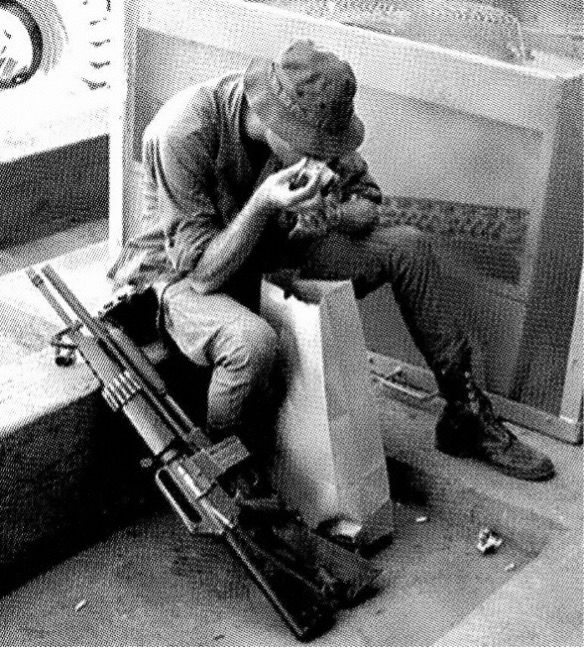
The Harsh Reality of War and Drugs: A Deep Dive into a Troubling Connection
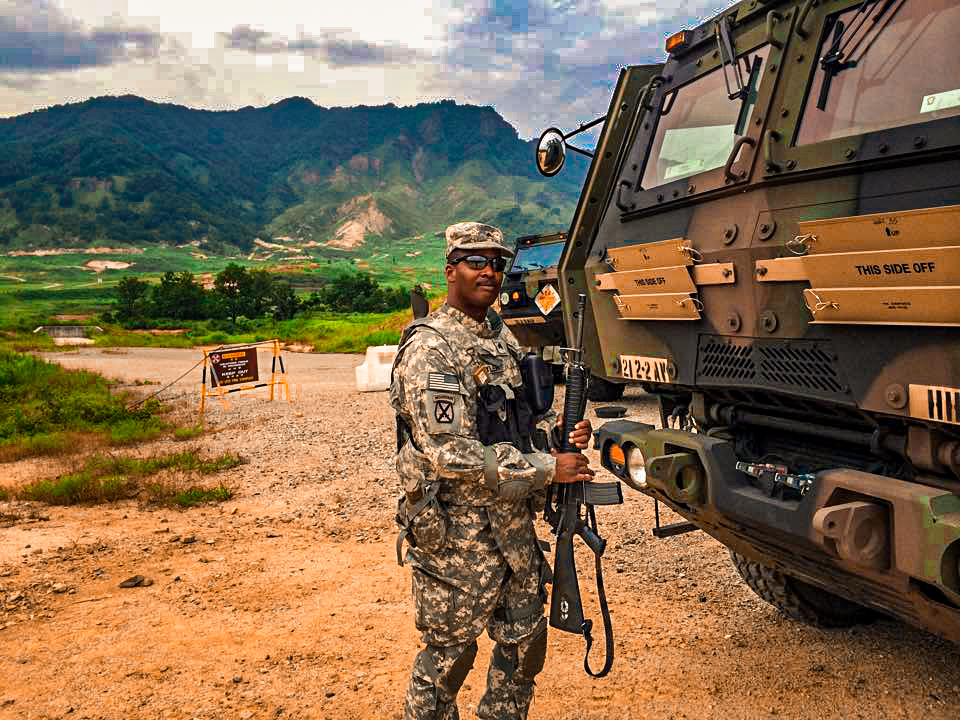
K Tyler
“The Vietnam War, a pivotal moment in American history, marked a significant shift in asymmetrical warfare. The Vietcong’s deceptive tactics, akin to the first “pharmacological war,” were unprecedented in American history. The war’s level of psychoactive substance consumption by military personnel was a significant turning point, highlighting the intersection between pharmacology and the technology of violence. “( Kamienski, 2016)

There is no intrinsic connection between drugs and war; nonetheless, some characteristics of drugs make them appealing as ingredients for conflict. They are not only lucrative but also movable and taxable due to the fact that they are extremely valued commodities. The governments of Europe have been effective in taxing alcoholic beverages, coffee, tea, and tobacco products before they were able to tax income directly. As a result of the stressful and traumatic nature of war, drugs have also been vital for the purpose of soothing and invigorating warriors during times of conflict.
(Mankin, 2019)
One example that stands out is amphetamines, which were used as a source of fuel during World War II. Methamphetamine, which was produced by the Germans under the brand name Pervitin, contributed to the Nazi fixation with dominance and also contributed to the contract that the Japanese imperial government had with methamphetamine manufacturing throughout the war. Amphetamines were employed by both British and American troops in 1943, and they were included in the medical kits of American soldiers. Sharing beverages or smokes is an example of how drugs may promote morale and group cohesiveness, in addition to calming anxieties and boosting morale.
During World War I, the United States government recognized the tobacco business as a vital sector, and charitable organizations raised funds to supply cigarettes to the armed forces. Cocaine, which had been treated as a casualty of war in terms of its legal position, was nonetheless successful. The Dutch were able to effectively transport coca from the Andes to Java, where it flourished as a business. The Japanese were deeply engaged in the business as a component of their regional empire. Nevertheless, anti-drug efforts were a part of the United States’ postwar supremacy, and as a result, after the war, the cocaine networks of Germany, the Netherlands, and Japan were eradicated.
Drugs may also be used in an unofficial capacity to support covert activities. For example, French intelligence utilized the cash from opium to discreetly pay warlords as part of its counterinsurgency campaign. During the 1980s, the United States government ignored the fact that Afghan militants were cultivating and smuggling opium while they were engaged in a conflict with the Soviet Union.
Some instances of pharmaceuticals being used as an explicit weapon of war include the introduction of distilled spirits to the Americas, which had a terrible impact on Native American cultures located around the continent. Benjamin Franklin admits this in his autobiography, as well as the Japanese invasion of China in 1937, which occurred when Japanese soldiers marched southward into China and gained increasing control of the opium trade, crops, and heroin-production facilities.
Since the beginning of the modern age, several governments have declared war on drugs, which has led to a blurring of the lines between combating crime and waging war. The police are responsible for internal matters, but the military is generally concerned with dealing with threats from other countries. However, the distinction between these two is becoming increasingly blurry as a result of the war on drugs, which has led to the militarization of domestic policing and the loosening of the Posse Comitatus Act, which was passed in the aftermath of the American Civil War and prohibits the use of the military for domestic law enforcement.
Despite the fact that it does not have the authority to arrest individuals as the domestic police do, the military is now playing a significant part in the enforcement of drug laws at the border. Beginning in the 1980s and picking up steam following the conclusion of the Cold War, the equipment, technology, training, and people of the military have been deployed to assist in the prevention of the entry of illegal substances into the nation. The United States of America has often provided encouragement, training, and financial support to countries like Mexico that have sent their forces to the front lines of the drug war. An example of this is the fact that a special forces unit in Mexico that had been trained by the United States defected and became a member of Los Zetas, which is one of the most violent drug trafficking groups in the nation.
The contemporary war on drugs is nothing more than a fresh way of looking at an old relationship. In 1989, President George W. Bush Sr. made the announcement that the military would be sent in to increase the drug war. This was most vividly shown by the military invasion of Panama and the arrest of the leader of Panama, Manuel Noriega, on allegations of possessing and trafficking drugs. With the employment of frightening new names such as “narco-terrorists,” “narco-insurgents,” and “narco-guerrillas” to depict the use of narcotics to pay fighters as something new and original in the world that has emerged after the Cold War, the policy discussion seems to be suffering from a bad case of historical amnesia
Cocaine addiction holds people back from reclaiming their lives without treatment. People addicted to cocaine must seek help and resources. They need to start their recovery journey. Even the Nazis used methamphetamine to keep soldiers awake and alert. They did this in the past, when they were a military force. During World War II, American and British soldiers used amphetamines to stay focused. According to a PBS documentary, medical officers gave soldiers stimulants. During the Vietnam War, the US military used a variety of drugs. They used them to keep soldiers active and alert. The use of drugs in war has a long history, with various substances being used to enhance performance and combat fatigue. Despite the short-term benefits, the long-term consequences of drug use during war can be detrimental to both individuals and societies. For example, during the Vietnam War, soldiers were given drugs like marijuana and heroin to cope with the stress of combat.

This led to addiction issues and negatively impacted their ability to function effectively both during and after the war. While it is true that drug use in war has historical precedent, the negative effects on soldiers' health and functionality cannot be overlooked. The potential for addiction and long-term consequences outweighs any short-term benefits of drug use in combat situations. In the case of the Vietnam War, many veterans struggled with addiction and mental health issues long after returning home. This not only affected their personal lives but also strained the resources of society in terms of healthcare and support services. The drugs included cocaine. They were to stay awake for days and to treat shell shock and PTSD.
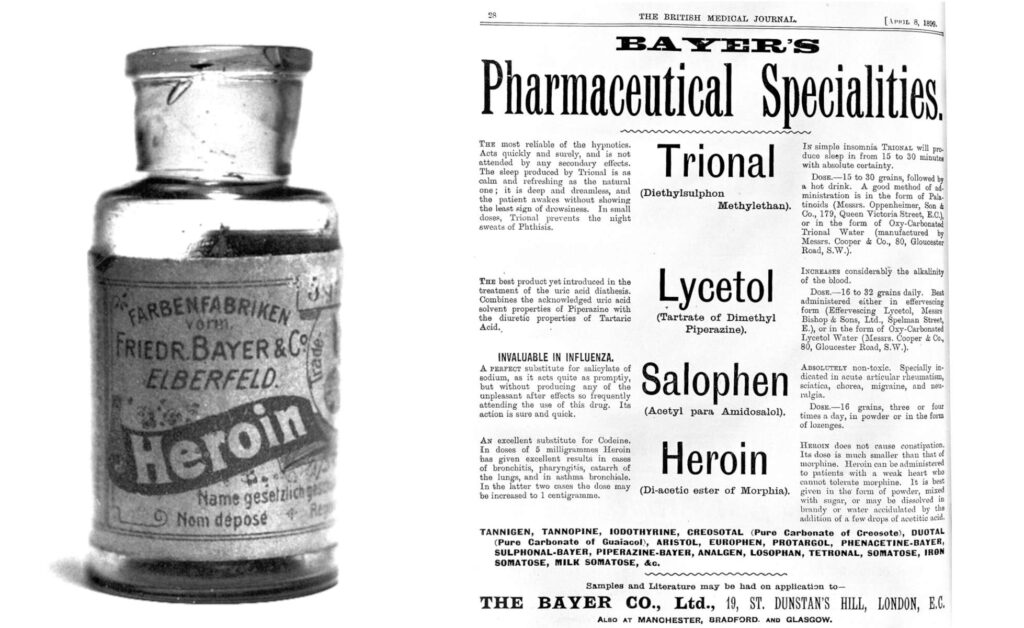
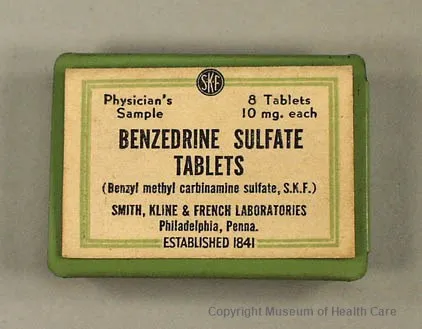

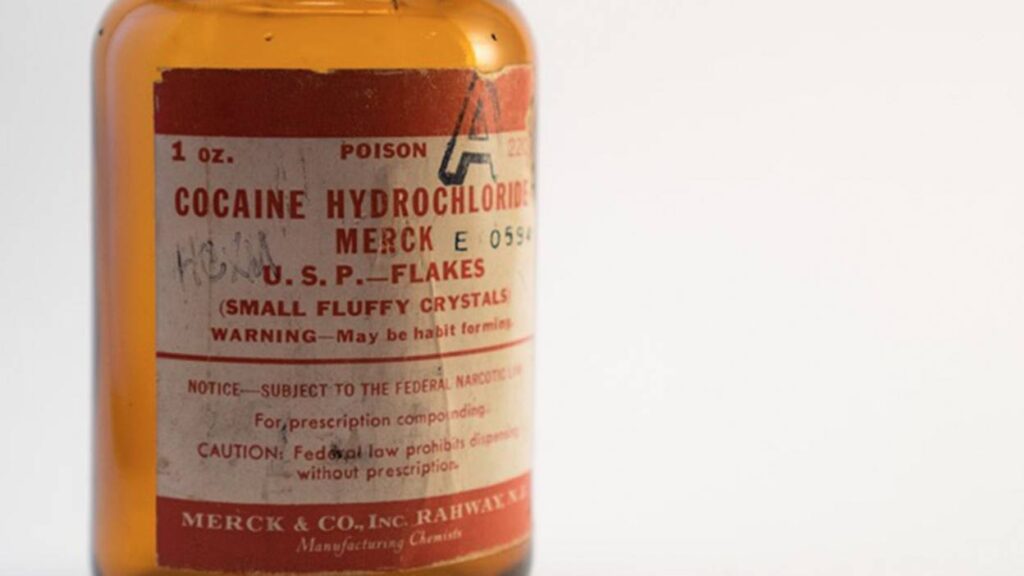


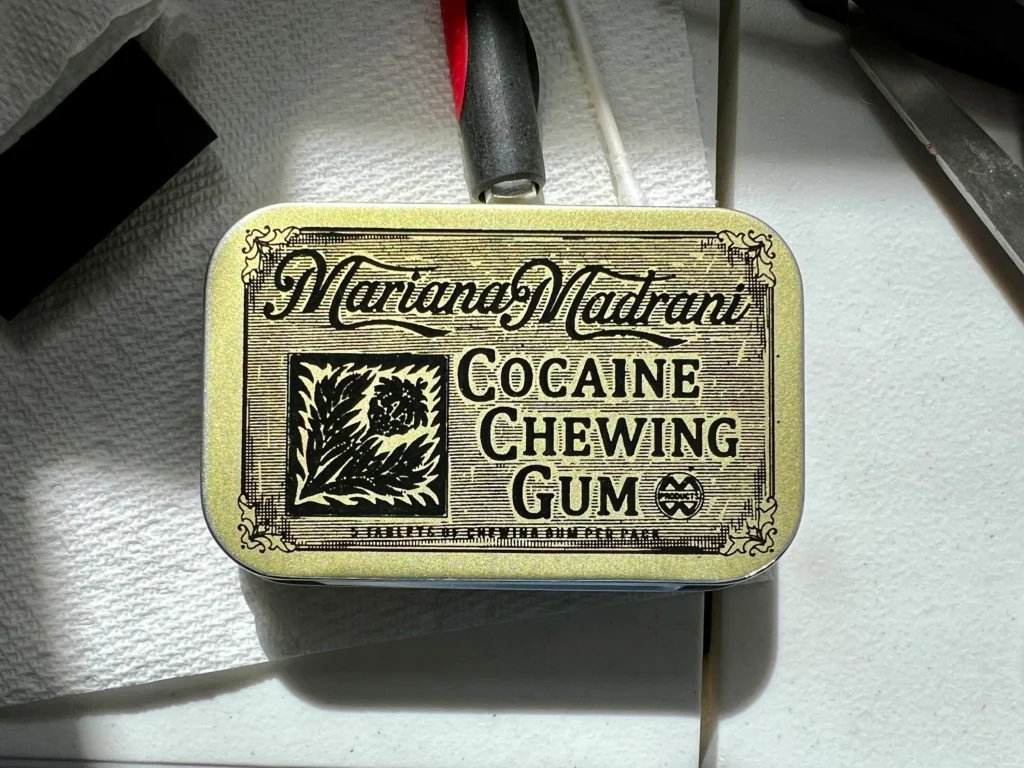
Like my cousin, Mike Edwards, he struggled with addiction. The use of drugs in combat situations can have lasting impacts on individuals and society as a whole. It is crucial for military organizations to prioritize the well-being and support of soldiers to prevent long-term consequences. In the case of veterans like Mike Edwards, addressing addiction and mental health issues is essential for their recovery and reintegration into society. Many soldiers have fought similar battles and had different outcomes. Some may have received the support and treatment they needed to overcome their struggles, while others may continue to suffer from the lasting effects of drug use in combat. It is important for society to recognize and support veterans like Mike who are facing these challenges, as they have made sacrifices for their country and deserve to receive the help, they need to live healthy and fulfilling lives. By addressing addiction and mental health issues among veterans, we can work towards a better future for those who have served our country.

Trauma can be a gateway to addiction. Natural disasters, conflict, abuse, death, and extreme poverty can cause trauma. This can happen at any age. Without support, trauma survivors often turn to substances for brief relief. A soldier returning from battle, or a child abuse survivor may want to escape their pain, even for a moment. They need options like therapy, spiritual help, or support from friends and family. But they often don't know about them.
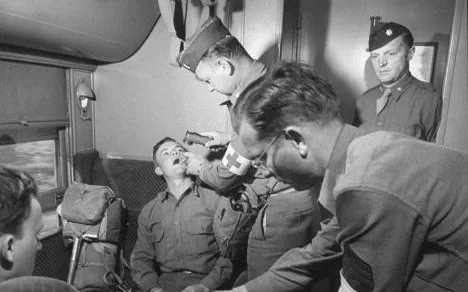
Behavioral science says gateway drugs usually include nicotine, alcohol, marijuana, and prescription drugs. These substances are easily available, making them a person's first exposure to drugs. SAMHSA found that 8% of adolescents reported sexual assault. One in six school-age children experienced bullying. These traumatic events can have a lasting impact on young individuals.
Veterans are more likely to have mental health issues. This is true if they experienced trauma as children or in other non-military ways, especially PTSD. Military veterans who were abused as children are at a higher risk of PTSD. They are also at risk of making symptoms worse. Childhood physical abuse significantly increases the risk of developing PTSD or other disorders. Soldiers who were abused as children are also more likely to drink. They are more likely to do so after they return from deployment or combat.

The United States is in a major public health crisis. Trauma-exposed children are more likely to develop drug and alcohol addictions later. To solve this issue, we must grasp how past trauma causes drug abuse and mental issues. This understanding will empower us to craft more effective treatment strategies. Childhood trauma rewires the brain. It raises the risk of major depression, PTSD, and drug abuse. This makes early intervention crucial.
Trauma exposure triggers a stress response in the body. This leads to changes in emotions and behavior, like PTSD symptoms. This impacts a child's brain development. Environmental cues help the brain grow, which remains incomplete at birth. You may be hiding behind your addiction. It's possible that it keeps you from feeling anything about your past. Even though it has caused problems in your life. Remember, your addiction wasn't your fault. Seeking help is brave. You can beat this pain by being sober and feeling your thoughts and emotions.
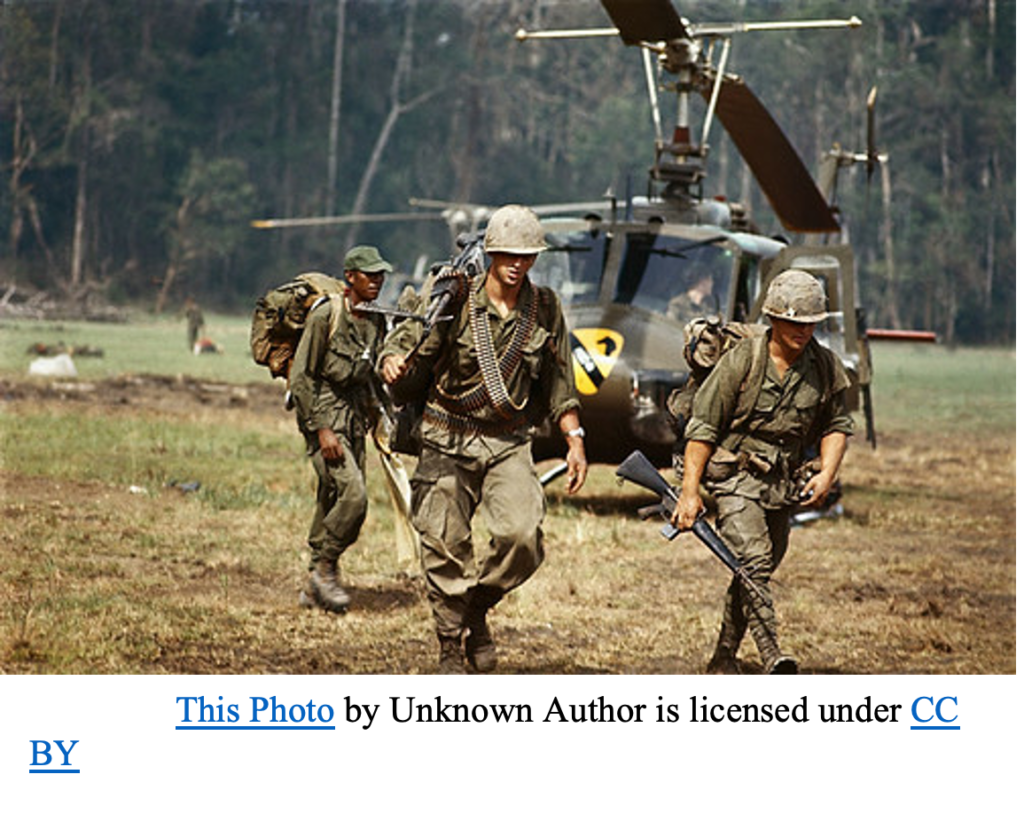
The U.S. Army has had a mental health problem in its ranks for decades and hasn't been able to handle it properly. PTSD, sadness, and suicide rates have soared among veterans. They still deal with the mental wounds of war. But the Army is becoming more aware. For many soldiers, trauma started long before their first mission. Research shows that many soldiers had tough childhoods. They faced abuse, neglect, violence, or family problems. These stressful events in early life are very likely to lead to mental health problems. These problems include sadness, anxiety, and drug abuse later on. Changing how people think about mental health is the goal. This is especially true for issues related to having a difficult childhood. The Army faces a big cultural challenge in this. Many soldiers still don't want to talk about their problems. They fear it will hurt their jobs or be seen as a sign of weakness. Almost 70% of service members who test positive for a mental health problem do not go to get help. For the Army, "suck it up" mentality is its biggest issue. On the battlefield, stoicism and persistence are crucial. But they don't help with mental stress. The Army's leaders must firmly change this mindset. They must make talking about mental health a sign of strength, not weakness. In the end, the military's approach to mental health and training must be broad. It must focus on preventing problems. The plan must address the issues that soldiers face as children. It must also encourage them to be resilient in their careers. The Army has come a long way. But it still has a long way to go. It needs to overcome decades of shame, few resources, and a culture of silence about mental health. This problem has hurt the Army's readiness. It has also hurt the health and safety of our troops and veterans. By caring for the effects of childhood trauma. The Army can ensure that its troops are mentally fit and strong. They will be ready to handle the challenges of both military and civilian life.

The Truth About My First Cigarette: A Story from an Army Vet
In 1979, I was stationed in Germany as part of Alpha Battery, 1/76th Field Artillery within the 3rd Infantry Division Artillery. My unit was engaged in field maneuvers south of our base when I received my initial C-Ration, which included an unexpected item: a pack of cigarettes. Although I had never smoked before, curiosity led me to try one.
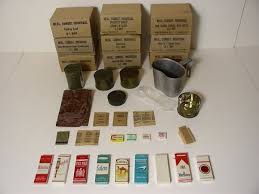
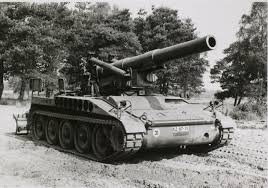

The conditions were harsh with extremely cold temperatures and working on a canvas-top 8-inch howitzer only exacerbated exposure to the frosty weather. Observing that smoking seemed to provide warmth for my fellow soldiers, I decided to join them despite my lack of experience. The taste was sharp and inhaling without coughing proved difficult; yet I managed to finish the cigarette. Surprisingly, this shared activity fostered a sense of camaraderie among us amidst the challenging environment.
Little did I realize in that moment of taking that first puff, I was setting myself on a path of struggle and addiction. As the days turned into weeks and then months, cigarettes became my crutch in dealing with the pressures and challenges of military life. The more I relied on cigarettes to calm my nerves and provide a sense of comfort, the stronger the grip of addiction held on to me. Soon, the act of lighting up a cigarette became a reflex, a habit that I found hard to break. The need for a nicotine fix seemed to consume my thoughts, driving me to constantly reach for a cigarette every few hours. What had started as a harmless decision soon spiraled into a battle against myself and my dependence on this destructive substance.
Breaking free from this vicious cycle of addiction was one of the hardest challenges I have ever faced. It consumed me, both physically and mentally, and had a detrimental effect on my health and overall well-being. The toll it took on me was immense, and looking back, I can't help but feel a deep sense of regret for ever succumbing to the temptation of that first puff. Nicotine's insidious allure had a strong grip on me, leading me down a path that was difficult to escape from. However, through determination and perseverance, I was able to break free from its hold and finally regain control over my life. It was a tough journey, but one that taught me valuable lessons about the power of addiction and the importance of taking care of my health. I am now grateful for the strength and resilience that I discovered within myself during this challenging time, and I am committed to living a healthier, smoke-free life moving forward

